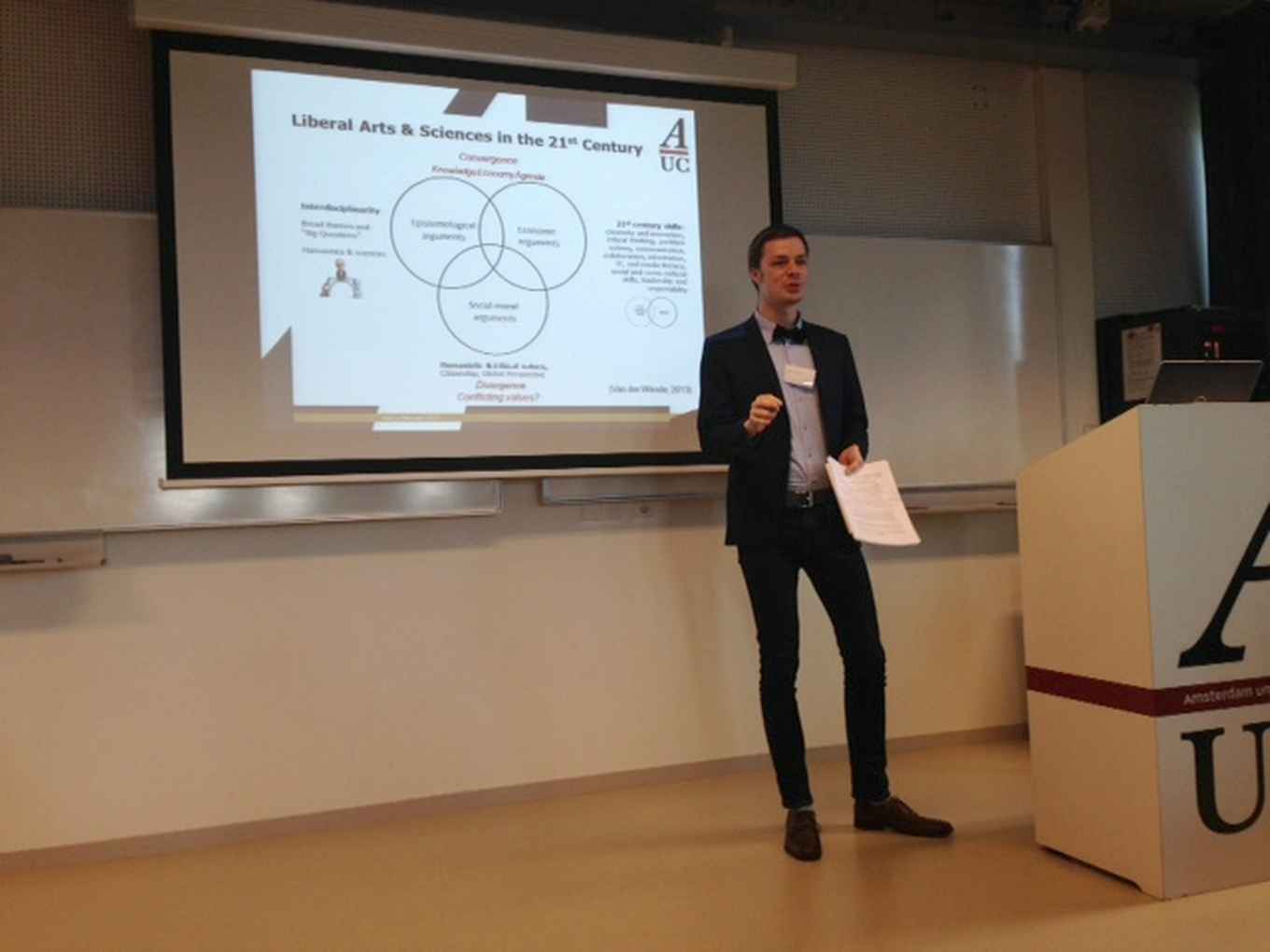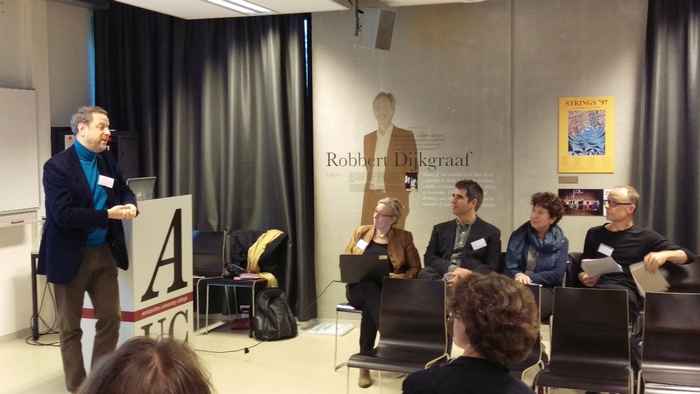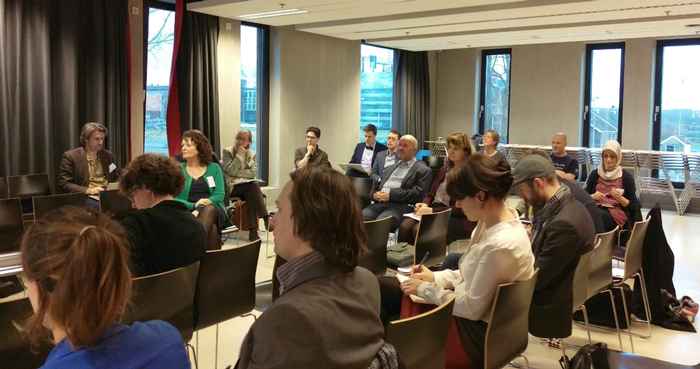Symposium at AUC examines LAS education in international contexts
8 February 2017

Crossing disciplinary divides
Across the world, institutions of higher education have developed a specialised, disciplinary approach. In response, several premiere universities have recreated models of education that emphasise the need for excellent undergraduate education in the liberal arts and sciences (LAS). Arguments for this model stress the need to develop students who have the capacity to operate successfully in a global environment, meeting challenges that often cross disciplinary divides.

The symposium highlighted a range of publications that have appeared recently in the field of higher education, with a special focus on developments in LAS education in Europe, America and Asia. The symposium was an occasion to learn from these recent publications, to share experiences and ideas, and addressed questions such as:
- What are the particular challenges for LAS education in Asia?
- How can LAS education best equip students to deal with a flexible labour market and a globalised context?
- Should LAS education include education for citizenship and, if so, what kind of citizenship: academic, global, national?

Multifaceted discussions on LAS in global environments
Much of the discussion took place with reference to the epistemological, economic and moral/social dimensions of LAS education. These dimensions have different meanings in Asia and in Europe. Several speakers spoke about the local-global axis in LAS education: that is, the need to be globally connected and foster global citizenship while also needing to be locally embedded and engaged in one’s direct community.
Furthermore, the so-called cultural divide was discussed in terms of the kind of citizenship that LAS education seeks to promote in the Netherlands, which is a global, cosmopolitan kind of citizenship that stresses openness, and the increasing tensions between this kind of citizenship and political movements that desire a return to tradition and authority that are increasingly prevalent in other national contexts.